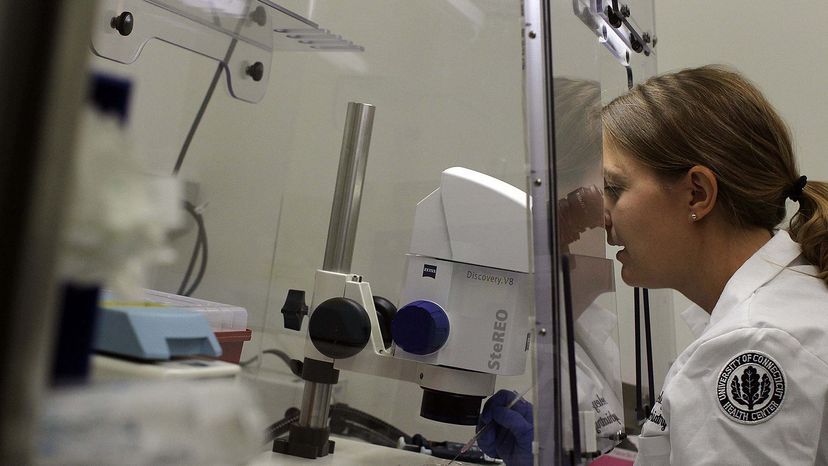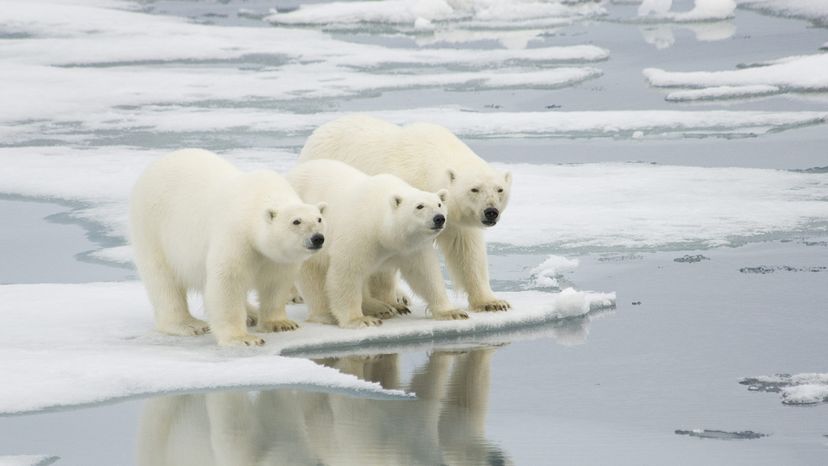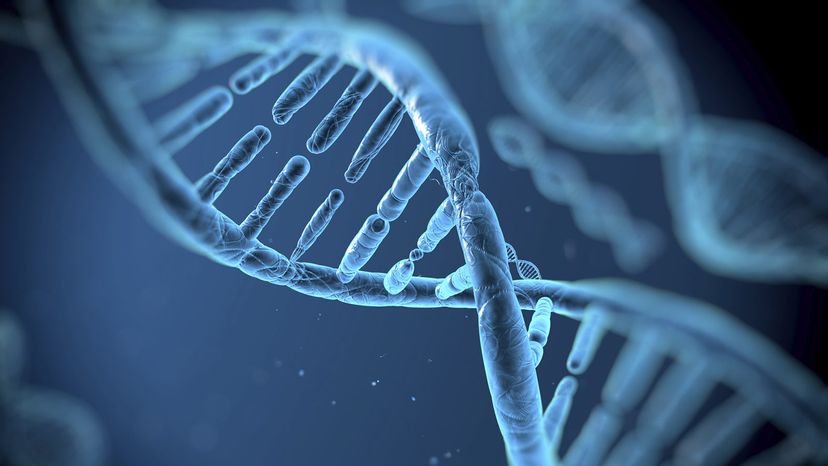
Key Takeaways
- Terms like "theory," "hypothesis" and "model" are often misused outside of their scientific contexts.
- In science, these words have specific meanings: A "theory" is a well-tested explanation, a "hypothesis" is a testable prediction and a "model" is a representation used to predict future behaviors.
- By understanding and using these terms correctly, we can better grasp scientific concepts and discussions.
We humans tend to be a curious bunch. It's in our nature to look for patterns and come up with explanations that help us make sense of the world around us. But unless we spend our days testing and retesting our ideas in a research laboratory, many of us take a fair amount of poetic license with the scientific terms we use in our everyday speech.
Do you have a theory that your car knows when you have extra money (and suddenly needs repairs in that exact amount)? Do you have a genetic predisposition to getting lost because your mother was the same way?
Advertisement
While it may seem harmless to embrace our own interpretation of scientific words and concepts in casual conversation, knowing what those words actually mean in the field of science can help us better understand studies and articles about things like our health, the environment and even the economy.
Have you been bragging about your company's exponential growth? Do you view your last four summer vacations as proof that it always rains when you go to the beach?
You'd better check out our list of 10 scientific words you're probably using wrong.









